Standard Rules V6
Currently in public consultation.
Participate here!The Riverse Standard is Europe's pioneering crediting program for industrial greentech projects. It channels funding into projects poised to significantly reduce or capture GHG emissions within the industrial realm.
The standard lays out the requirements that projects must follow in order to be certified. Our rules and methodologies are rooted in rigorous science and designed to adhere to the core principles governing carbon credit certification

The five steps of the certification process strike a balance between rigorous scientific methodology and efficiency, ensuring project developers experience a thorough yet streamlined certification journey.
Standard Certification Process chart
Do you have a project that complies with the rules & methodologies of Riverse?
Apply to certify a project!
Submit a projectThe resellers we currently work with:

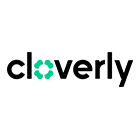
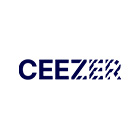
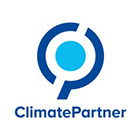
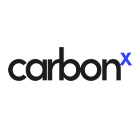
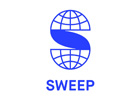
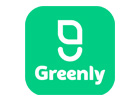
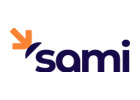
To be accredited by the Riverse Standard, VVB must follow strict requirements highlighted in our guidance for VVB document
Apply as a VVBVVB currently accredited:





